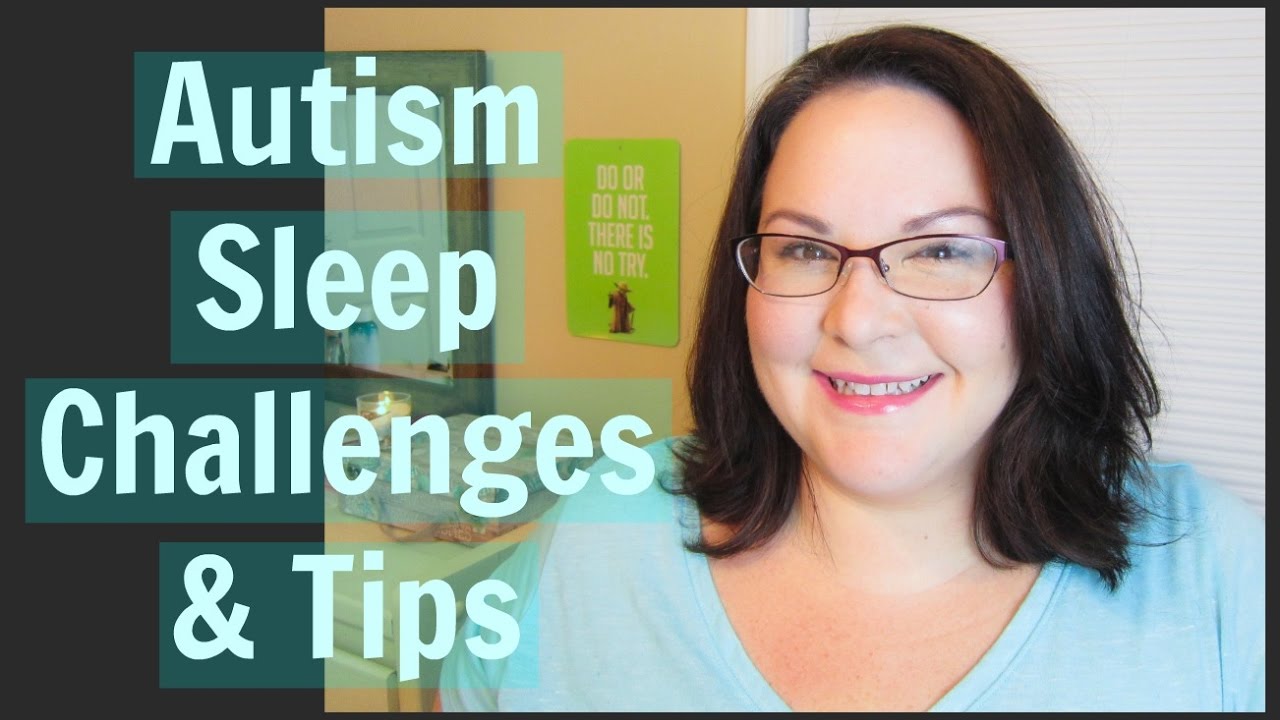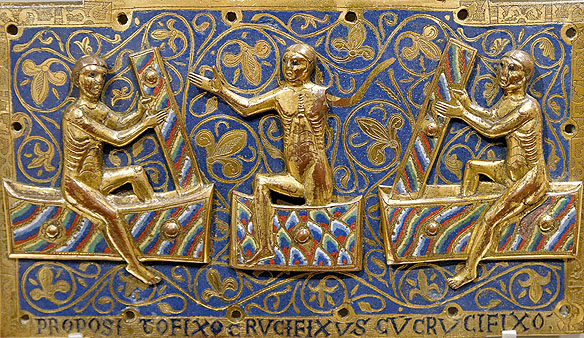autism
WHITE CHILDREN ARE STILL DIAGNOSED MORE OFTEN WITH AUTISM SPECTRUM DISORDERS
More than one in 50 American children have been diagnosed with a disorder on the autism spectrum, according to a new paper published in JAMA on Tuesday, in a finding that suggests diagnoses of the condition have leveled off. The new research also shows that the disorder continues to be more frequently diagnosed in white children than among non-white children.
About 2.7 percent of non-Hispanic, white children have been diagnosed with autism, Asperger’s syndrome or another developmental disorder on the spectrum. Only 1.8 percent of Hispanic children and 2.3 percent of black children have autism spectrum disorder diagnoses; the national rate is 2.4 percent. The researchers used data from the National Health Interview Survey for their analysis; all other racial or ethnic groups were included in a fourth category.
The rate of autism spectrum diagnoses among all children did increase a bit each year between 2014 and 2016; however, these increases were not considered statistically significant. This is the first time in more than a decade that the rate has plateaued.
Read the full newsweek article here.
Long Branch shooting: Did autism play a role?
I found this article from very disturbing how about you?
Studies have established no conclusive link between autism and violent acts, but like much about the disorder, the issue is complex – and emotionally charged
Nearly a week after a Long Branch teen said to have autism allegedly shot and killed his mother, father, sister and a family friend, a host of critical questions remain unanswered.
Among them: What happened inside the family’s modest brick home on Wall Street leading up to the shootings, which took place minutes before the stroke of midnight ushered in the new year?
And what about the alleged murder weapon, described as a semiautomatic AK-style rifle? Whose rifle was it, and how did the boy accused of the shooting, 16-year-old Scott Kologi, get a hold of it?
The teen is facing four counts of murder and a weapons charge in the deaths of his parents, 42-year-old Steven and 44-year-old Linda Kologi; his 18-year-old sister, Brittany Kologi; and a family friend, 70-year-old Mary Schulz.
Read the full article here.
Autism Reseach by a student who is Actually Autistic – Please help her #autuallyautistic
@asplingz as third year student at the University of Bolton has asked us to help her find people to take part in some research! @asplingz who is #actuallu autistic is in the final of her psychology degree. She writes
“My study is part of an investigation in how Autism Spectrum Conditions are distinctively manifested by boys and girls. Although sex-specific manifestations of Autism have been robustly reported, this study is the first to investigate a female presentations among males. This follows from the fact that most diagnoses of girls and women have been based on a male presentation of the main symptoms, being that only recently have diagnoses started to take into consideration female-specific manifestations of Autism. Our hypothesis is that if there are females with a male presentation of Autism, there may well be males with a female presentation of these conditions. If this is the case, these boys and men have been undiagnosed and unsupported. Our results have the potential to fulfil this gap in our understanding of these conditions, and therefore contribute to a better quality of life of all those with Autism”
To take part please click the link here!
Google Glass Is A Hit For Children With Autism
“Once ridiculed as a failed innovation, Glass is emerging as an important tool to help with educational and behavioral needs of children with autism. Glass Enterprise Edition (Glass), the successor to Google Glass smartglasses, were explored in children with autism and their caregivers to evaluate its role in this complex condition effecting an estimated 3.5 million persons in the United States alone.
Today’s publication examined a small group of children from two key perspectives—clinical utility of Glass as well as its usability and acceptability in this population. Eight children with ASD and their caregivers were enrolled in the trial. The children had a wide range of ability, including limited speech to speaking, and represented a full range of school ages (6 to 17 years). The smartglasses were loaded with a suite of assisted-reality apps for social-emotional learning and self-coaching related to brain-based challenges and needs. Participants explored the devices at their leisure, putting them on and taking them off and exploring the style, size, weight, shape, and features such as foldability, and spoke out loud in some cases (children with greater speaking ability) about their observations and questions. All children successfully transitioned to the interview room, where they responded to questions by the experimenter, accompanied and assisted by their caregivers as needed. Caregivers were interviewed about their experience of using the smartglasses and whether they would use them at school and home.
The results are compelling” – read the full article in Forbes here.




